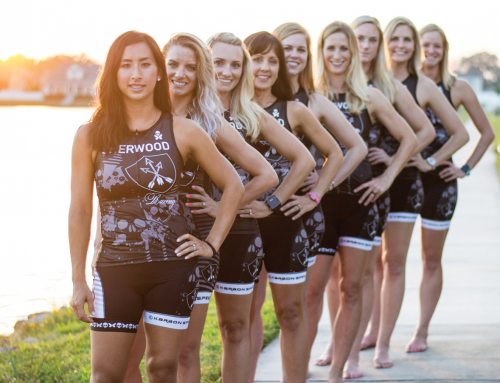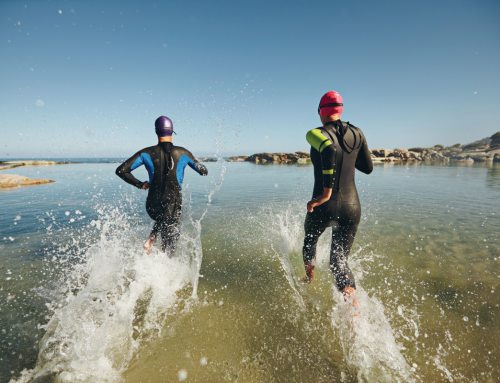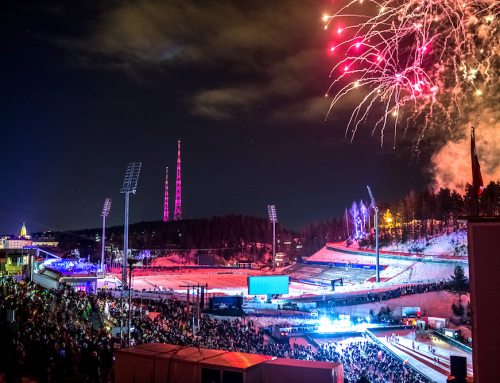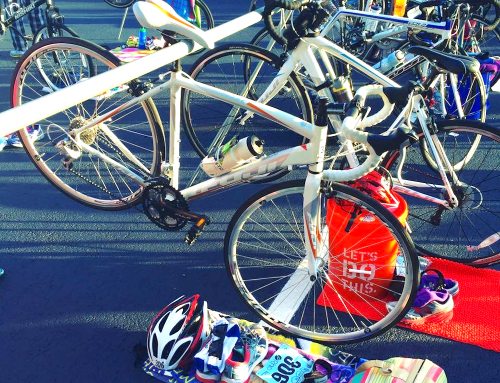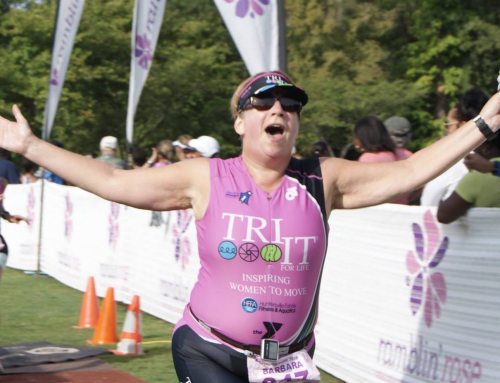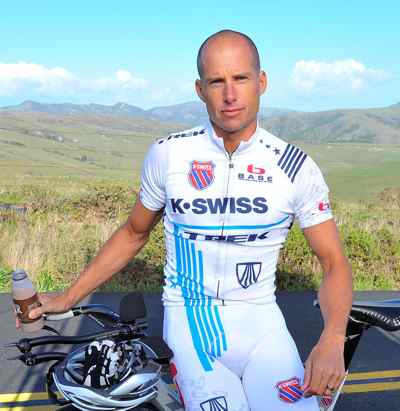
By Matthew Clancy
Chris Lieto has always had the best view in triathlon. That’s because he’s a really good swimmer, and the greatest cyclist in the sport. At Ironman, you will most likely find him leading the bike and exiting T2 first. He’s been criticized for not being a better runner and losing races in the third discipline, but he sees it differently. I caught up with Chris to find out more about his perspective.
Matthew Clancy: What are the biggest challenges in Ironman racing today compared with seven years ago?
Chris Lieto: The rise in cycling strengths. Years ago, I used to get a lot of time on the bike. Now, everyone is biking much higher. I’m biking higher as well, but the gap is getting smaller. The challenge is to spread that distance for me. There are so many guys riding stronger that you see a “group effect,” which makes it easier effort-wise where I’m at the front working alone.
MC: Is there a current formula for success at the Ironman distance?
CL: No, there are guys that are good runners who only have to swim well, stay in a group and run down the few guys in front of them. For me, it’s using my strengths of the swim and the bike. Craig Alexander is a great runner. I’m a great cyclist. But it’s really about trying to find the balance to put out on that day. It’s not about cycling slower to have a faster run. Absolutely, I need to improve on my run. But, the goal in triathlon is to be the first across the finish line. I’ll take having the fifth-fastest run time if it allows me to finish first.
MC: You are always leading the race out of T2. What’s the greatest challenge racing from the front?
CL: Not knowing how far ahead I am. I don’t get splits up front. If I do they are 15 minutes late. The others are getting splits behind me right as they go by. It’s also tough not having an objective in front of me. You have to change your mindset. You don’t want to run scared. You run forward like you’re catching something.
MC: Given you bike so well, what changes can you make to go even faster?
CL: Training! The bike is as fast as it can get. I can adjust my position a little bit. For me, though, it’s about training to break down the (race) packs while hoping for a heavy head wind or cross wind, and being able to ride through that.
MC: Many pro athletes are heading to Boulder to train. What do you say to athletes wanting to compete at that level without living there?
CL: Boulder’s become the talk because a lot of the top guys are there. But there’s no reason that you have to be there. I’m not. There’s a lot of success outside of there. You look at Bevan Docherty training at Santa Cruz. Look at myself. I may go to altitude, Mammoth or Tahoe, when I need it. But anyone can have success as long as they set goals and work to achieve them no matter where they are.
MC: Much has been reported of your relationship with Lance Armstrong’s return to triathlon. Where do you see yourself in that story?
CL: I think (it’s) because I’m known as the best cyclist in the sport (of triathlon), and my style of racing is the assumption of how his is going to be. His strengths should be the same as mine. Our runs are really good but not as good as the best runners. We have the same sponsors. There’s that and that we’ve hung out in the last few years. Some people look at him as a threat to the sport, but I look at it as a positive thing. It allows me to race with someone else as opposed to racing by myself the last six years.
MC: Come this December, when you look in the rearview mirror, what do you want to see?
CL: I want to see a world championship. That’s really my focus at this point. That’s my last real goal as an athlete.
# # #
Matthew Clancy is the founder and head coach for Compass Elite, LLC, an endurance coaching company located in Greensboro and Winston-Salem, specializing in performance training for single-sport and multi-sport athletes. You can contact him at www.compasselite.com or coachmatt@compasselite.com.


